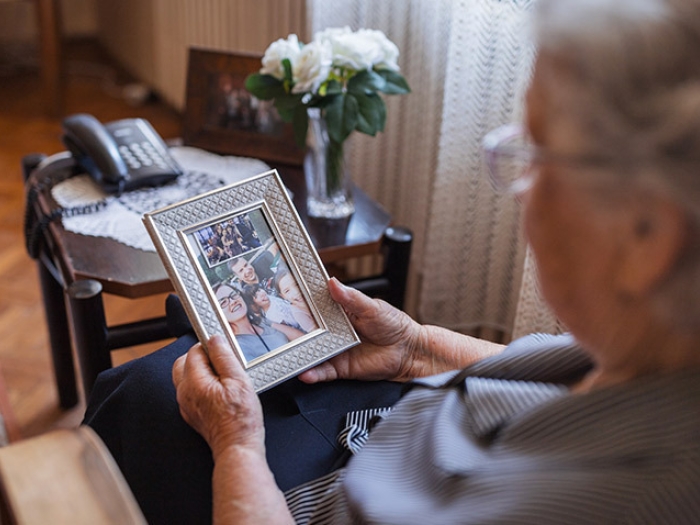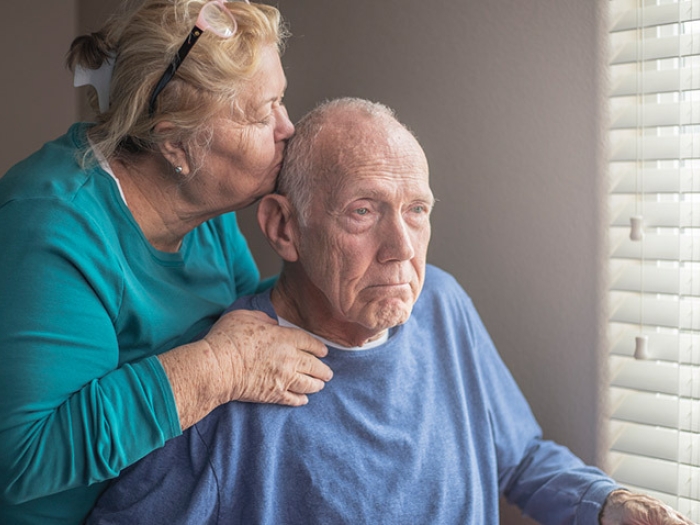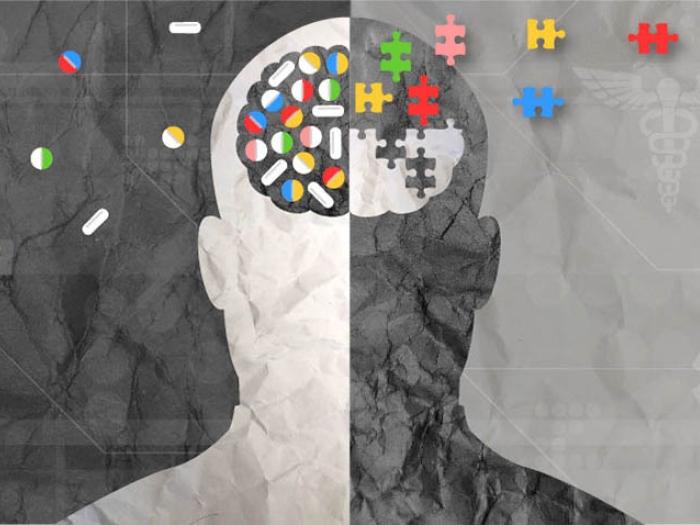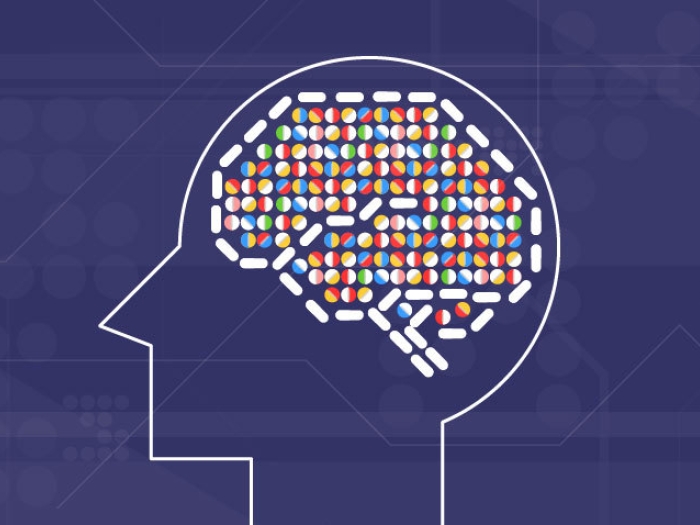A new report finds encouraging, but still inconclusive, evidence that exercising the brain and body can decrease the long-term risk of cognitive decline.
7:00 AM
Author |

The nation's highest scientific body just weighed in on what we know — and what we're yet to understand — about the impact of actions meant to prevent cognitive decline.
MORE FROM THE LAB: Subscribe to our weekly newsletter
A University of Michigan researcher who has studied dementia patterns and factors served on the panel that evaluated existing evidence for the National Academies of Science, Engineering, and Medicine. The panel's results were published in the new report "Preventing Cognitive Decline and Dementia: a Way Forward."
Ken Langa, M.D., Ph.D., reflects on the report's findings — and what they mean for providers and patients.
Why did people in the field feel it was important to have a national look at this issue at this time?
Langa: Cognitive decline and dementia are common and often identified as the things most feared by older adults as they age. The growing number of older adults in the U.S. and around the world makes these issues especially important to study and understand now.
In addition, there is a significant amount of research in this area right now, so the information available to patients and their families is changing rapidly.
My advice to my patients is to try to stay connected to people and activities that they like to do, because that will help keep their brains active and engaged.Ken Langa, M.D., Ph.D.
What are the main findings and recommendations for people in middle age or older who hope to prevent or delay the onset of cognitive issues?
Langa: The committee concluded that, while the current evidence for any specific intervention to prevent cognitive decline and dementia is not strong enough to recommend a public health campaign, there is encouraging but inconclusive evidence for three types of interventions:
-
Cognitive training
-
Blood pressure management in people with hypertension
-
Increased physical activity
Even if one were to do all of these things, it is still possible that one will get dementia, but current studies suggest that these activities do seem to reduce the overall risk.
Are people in the Gen X and the baby boomer generations less likely than their parents and grandparents to develop dementia? If so, why?
Langa: We and other researchers have noted that there appears to be an important link between how much education one has and the risk for dementia.
Going to school for more years seems to reduce the risk of dementia in a significant way, probably by building more "reserve" into one's brain and setting people off on healthier lifestyles throughout their adult lives.
SEE ALSO: 'Game-Changing' Alzheimer's Drug Just a First Step
The baby boomers and Gen Xers have significantly more education, on average, than prior generations, and this likely puts them at lower risk than their parents and grandparents.
Does this mean the online brain games we hear advertised, or even the daily crossword or Sudoku, are useful for preserving brain function?
Langa: Right now, the evidence doesn't support significant benefits from the currently available typical online brain games or a daily crossword.
The "cognitive training" that was identified in the report as potentially useful for preventing dementia is a more involved level of training that includes interaction and feedback with a trainer over a six-week period.
It is likely that more sustained and involved cognitive activity than current brain games is required to have significant and long-term positive benefits. Although, as noted in the report, this is still a relatively uncertain area that requires much more research to identify what kind of training, and how much training, is likely to be effective.
Is there a chance that the kind of cognitive training described in the report could be made available widely?
Langa: There is ongoing research on developing versions of cognitive training interventions that can be delivered widely and in a cost-effective way.
My advice to my patients is to try to stay connected to people and activities that they like to do, because that will help keep their brains active and engaged, instead of focusing on a limited number of brain games.
What's the one thing you hope patients and providers will do (or stop doing) because of the report?
Langa: I hope that patients and providers will better understand that cognitive decline and dementia are not entirely determined by one's genes and biology.
There is growing evidence that what you do during your entire life — how active and engaged you are physically, mentally and socially — may have an important impact on your risk for dementia, as well as your overall health and well-being at older ages.

Explore a variety of healthcare news & stories by visiting the Health Lab home page for more articles.

Department of Communication at Michigan Medicine
Want top health & research news weekly? Sign up for Health Lab’s newsletters today!





